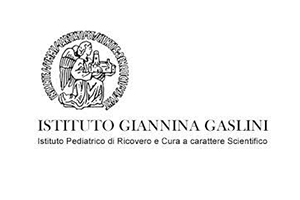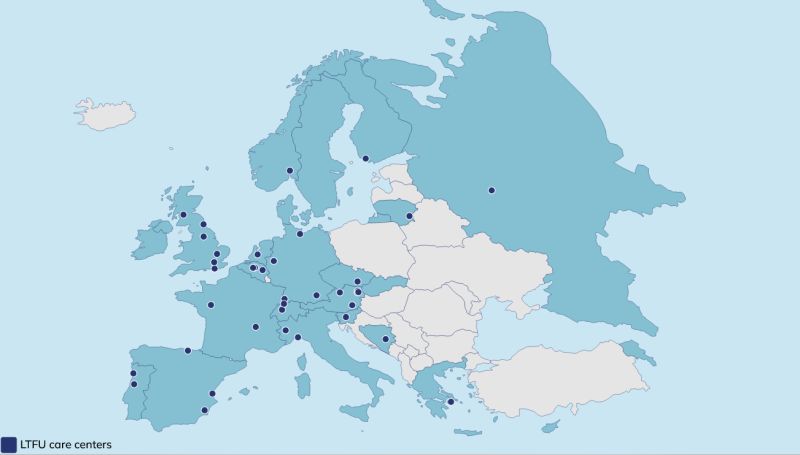In this interview, we meet Pediatric Oncologist Riccardo Haupt from Istituto Giannina Gaslini.


Why did you join PanCareSurPass?
I have been involved with the Survivorship Passport (SurPass) since the development of its first prototype within the ENCCA and PanCareSurFup European projects. I have also coordinated all the subsequent releases until the last one under the PanCareFollowUp project in which we finalized the list of variables needed to generate the Treatment Summary of each survivor, as well the Care Plan for follow-up based on the IGHG and/or PanCare organ-specific screening recommendations.
When, together with my colleague and friend Dr. Desiree Grabow from the University of Mainz, we spotted a new EU call about the transfer into the medical system of innovative solutions involving digital tools for people-centered care, we thought that the SurPass tool did perfectly fit to the call.
The overall idea was indeed to integrate the SurPass platform into the electronic medical records in order to allow a semi-automatic data transfer and thus guarantee a more accurate and faster generation of the treatment summary, as well update of the information on follow-up screening exams.
It has not been very difficult for us to find several enthusiastic colleagues with different expertise and backgrounds who agreed to contribute to this challenging project.
You lead WP4 – tell us about it!
In WP4 ‘Conduct and analysis of a multi-country implementation study of SurPass v2.0’, we will do the “field work“ in which SurPasses SEMI-AUTOMATICALLY generated thanks to the new technologies developed in WP3 (v2.0) and to all the administrative, ethical and legal issues addressed in WP2, will be delivered to 360 survivors: 60 from each clinical center representing the 6 countries (Austria, Belgium, Germany, Italy, Lithuania and Spain) in which the SurPass will be implemented.
Questionnaires will be used to evaluate the impact of the SurPass delivery on survivors (in terms of empowerment, activation, and emotional impact as well about the process of shared decision with the treating physician about the Care Plan). Health Care Providers and IT professionals will also be interviewed about the process of generating the SurPass and this information will be transferred to colleagues in charge of WP5.
Why do you think PanCareSurPass is an important project?
I think that PanCareSurPass is important because it will allow the integration into the national health systems of a tool which so far has been used only at an academic level.
If we will succeed in the semi-automatic data transfer from the electronic medical record into the SurPass platform of the relevant information on the original cancer and the treatments used to beat it, we will guarantee data accuracy as well shorter time for healthcare professionals to generate the treatment summary. Moreover, if and when the SurPass-generated Care Plan will be incorporated into the Electronic Medical Record together with an ad hoc designed follow-up form, this will allow the regular update of the Passport to be shared with the survivor family doctor and, where possible, within the national health system.
What makes this project unique for you?
To me, PanCareSurPass represents the further evolution of a tool on which I have invested several years of my career. I hope that the passage of the SurPass platform from an academic to a clinical level will improve the care of childhood cancer survivors across Europe. Moreover, I hope that the experience from this project SurPass platform will be used as.
What do you hope this project will achieve?
I hope that the project will provide very useful information on how to guarantee that every childhood cancer survivor across Europe will have access to an electronic platform in which his/her clinical documentation as well recommendations for follow-up and screening will be available por personal reference as well for shared information with his/her health care providers.
What’s the biggest challenge in your WP?
The biggest challenge in this project are the so many differences on how the medical information is stored in the electronic medical records of the different hospitals and on how each country is organized regarding the electronic health record of each citizen.
What’s the most fun thing in your WP?
Honestly, there is not much fun in this difficult project, except working together with so many motivated and very nice colleagues across Europe.
What’s the most important benefit of your WP for survivors?
Survivors will benefit of an easily accessible electronic personal document containing all their medical history as well a comprehensive summary of the personalized screening recommendations discussed and shared with their late effects expert.
What else do we need to know about your WP or is there anything else you want to share?
The ‘field work’ of my WP will be very intensive and we absolutely need the survivors collaboration. Any input from them regarding issues we might have missed in our procedure will be very much appreciated.
They will be asked to complete questionnaires in order to ‘measure’ the impact we want to achieve. I am sure they will collaborate as they have always done in the so many other projects we have made together.






